MUVS News
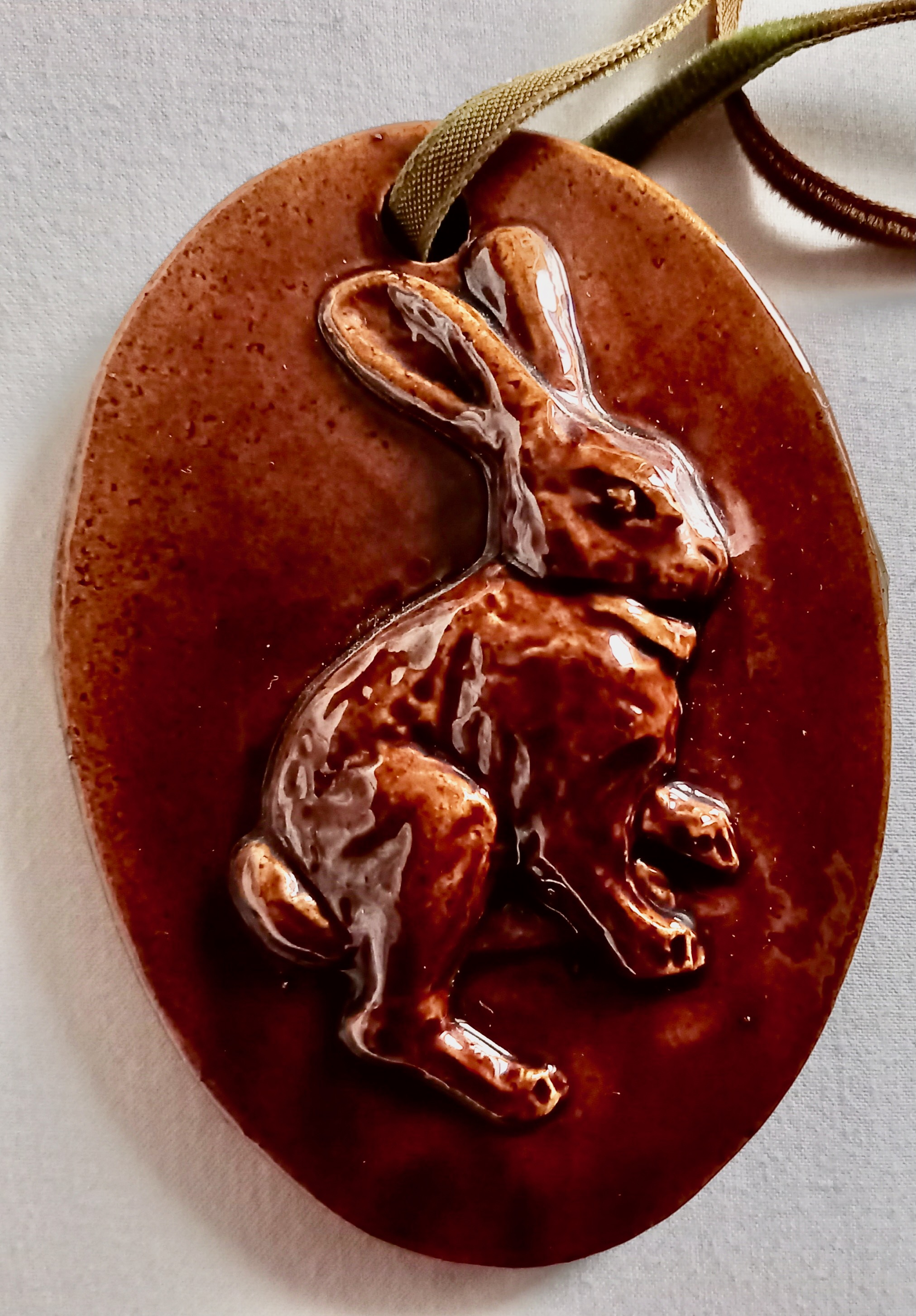
The fertile Easter bunny
“The rabbit was a symbol of fertility – accordingly, it was also imputed with the legend of laying Easter eggs – and this was the reason for the choice of name.” Probably our object is a votive offering seeking, or seeking to avoid, being blessed with (too many) children, but we can only speculate.
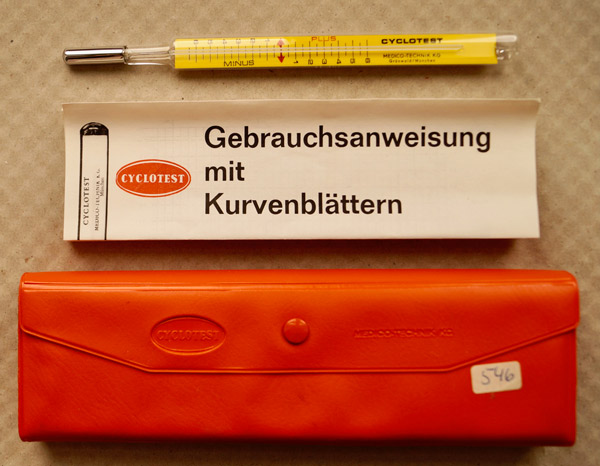
The silver lining of a difficult time
The average European household is home to around 10,000 objects; one actually means to have a clear-out, but never gets around to doing it. This has changed “thanks to” the coronavirus. During the lockdowns, quarantine and periods of working from home, many people decluttered their homes and came across various things that were too good to throw away. Lucky for us, because our museum has gained a total of eleven new objects as a result, two of which we would like to introduce to you today.
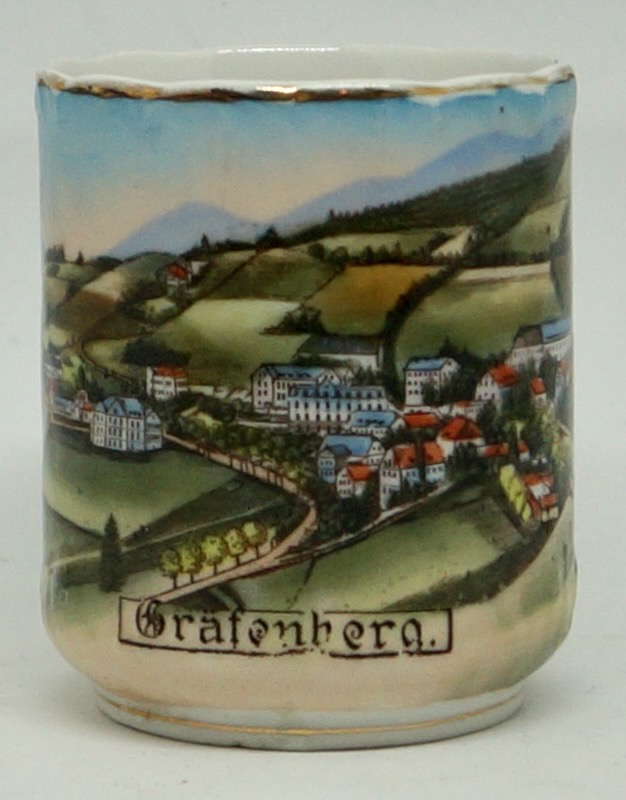
G for Gräfenberg – A rocky road to success
Since our topic is the “most pleasurable activity in the world”, as some say, and we therefore don’t always want to be deadly serious, we will entertain you today with a special piece from our collection: the cup depicted is 7 centimetres high and has “Gräfenberg” written on it. Only obstinate realists suspect a connection to the 4000-inhabitant village of Gräfenberg in Bavaria, first mentioned in records in 1172.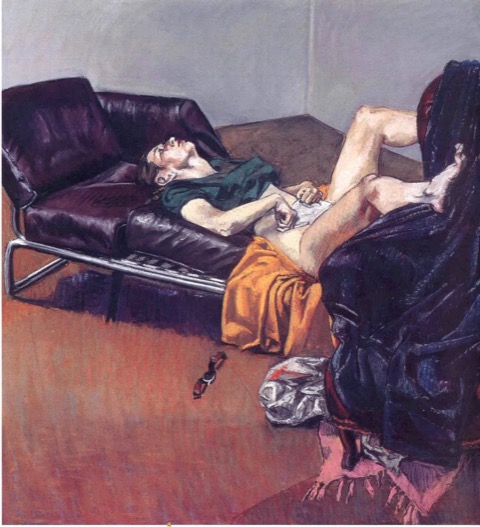
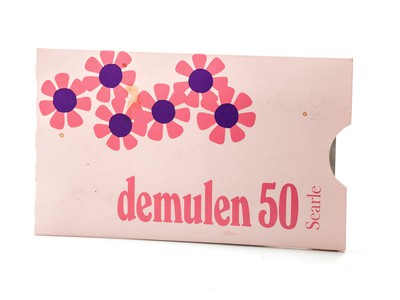
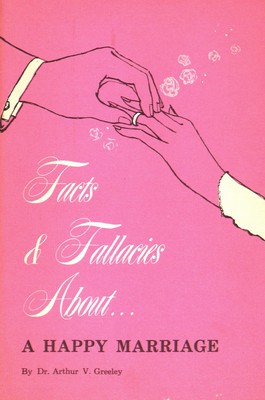
 Member of the Austrian Museum Association
Member of the Austrian Museum Association Seal of Approval of the Austrian Museum Association
Seal of Approval of the Austrian Museum Association Supported by European Society of Contraception and Reproductive Health
Supported by European Society of Contraception and Reproductive Health Nominated for the EMYA Museum of the Year Award 2010. First Winner of the Kenneth Hudson Award given by the Trustees of the European Museum Forum
Nominated for the EMYA Museum of the Year Award 2010. First Winner of the Kenneth Hudson Award given by the Trustees of the European Museum Forum Accepted into the 'Excellence Club - The Best in Heritage'
Accepted into the 'Excellence Club - The Best in Heritage'